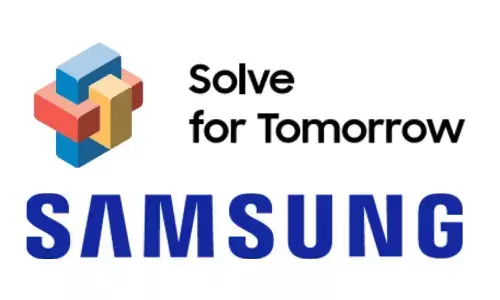Social media fundraising may not always work

A team of scientists has found that fundraising campaigns on social media may attract attention worldwide without prompting a commensurate spike in fundraising. Nicola Lacetera from the University of Toronto Mississauga and two colleagues from Johns Hopkins University in Baltimore, US, conducted research into the success of Twitter and Facebook fundraising campaigns to determine whether they effec
Toronto: A team of scientists has found that fundraising campaigns on social media may attract attention worldwide without prompting a commensurate spike in fundraising. Nicola Lacetera from the University of Toronto Mississauga and two colleagues from Johns Hopkins University in Baltimore, US, conducted research into the success of Twitter and Facebook fundraising campaigns to determine whether they effectively lead to donations.
Their results were published in the journal Sociological Science. The team examined the success of an application to allow Facebook and Twitter users to donate to charities each time they posted or tweeted, with an upper limit for the total donation specified in advance.
Potential donors had an option to broadcast their initial pledges and subsequent donations to their networks. About 16 percent of the pledges were deleted before payment was actually required. About five percent of the original pledges led to additional pledges from contacts but the researchers were unable to trace the motivation specifically to the influence of online connections.
Next, Lacetera and his colleagues used a series of Facebook ads and sponsored stories to encourage users to install an application and donate to a charity. The campaign reached about 6.4 million Facebook users and had a click-through rate comparable to that of most non-profit campaigns. However, although the campaign received many "likes" and "shares", it resulted in only 30 donations.
"Although there is plenty of visibility on social media, these platforms also provide cheap, alternative ways to express support," Lacetera noted, adding, "Social contagion tends to work when the activity you want people to do is free of charge, such as voting for their favourite movies. As soon as you add a cost, fewer people participate."


















